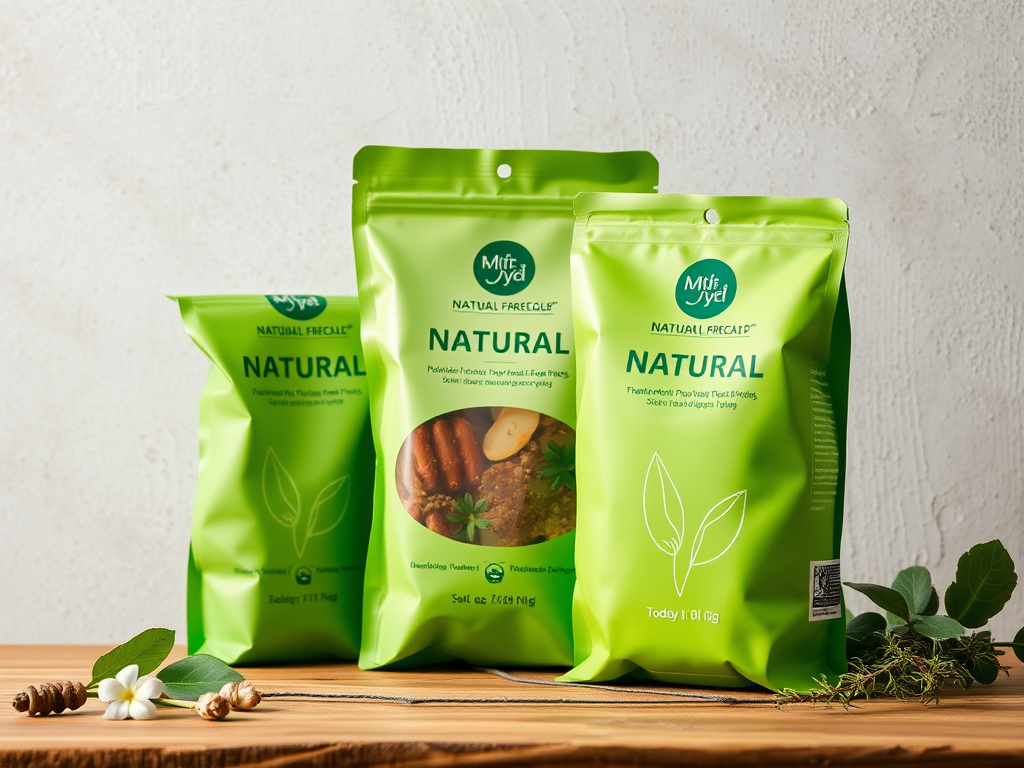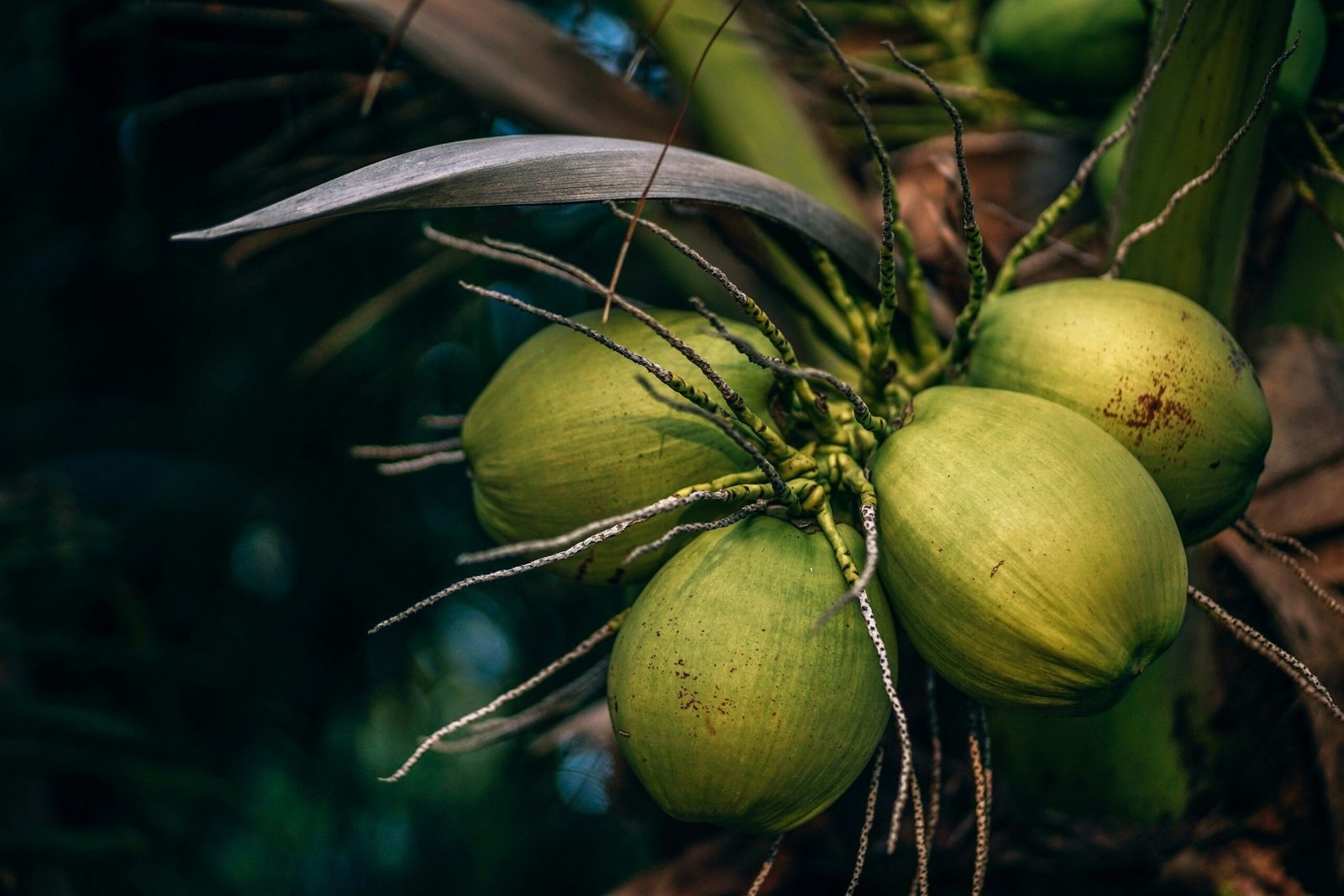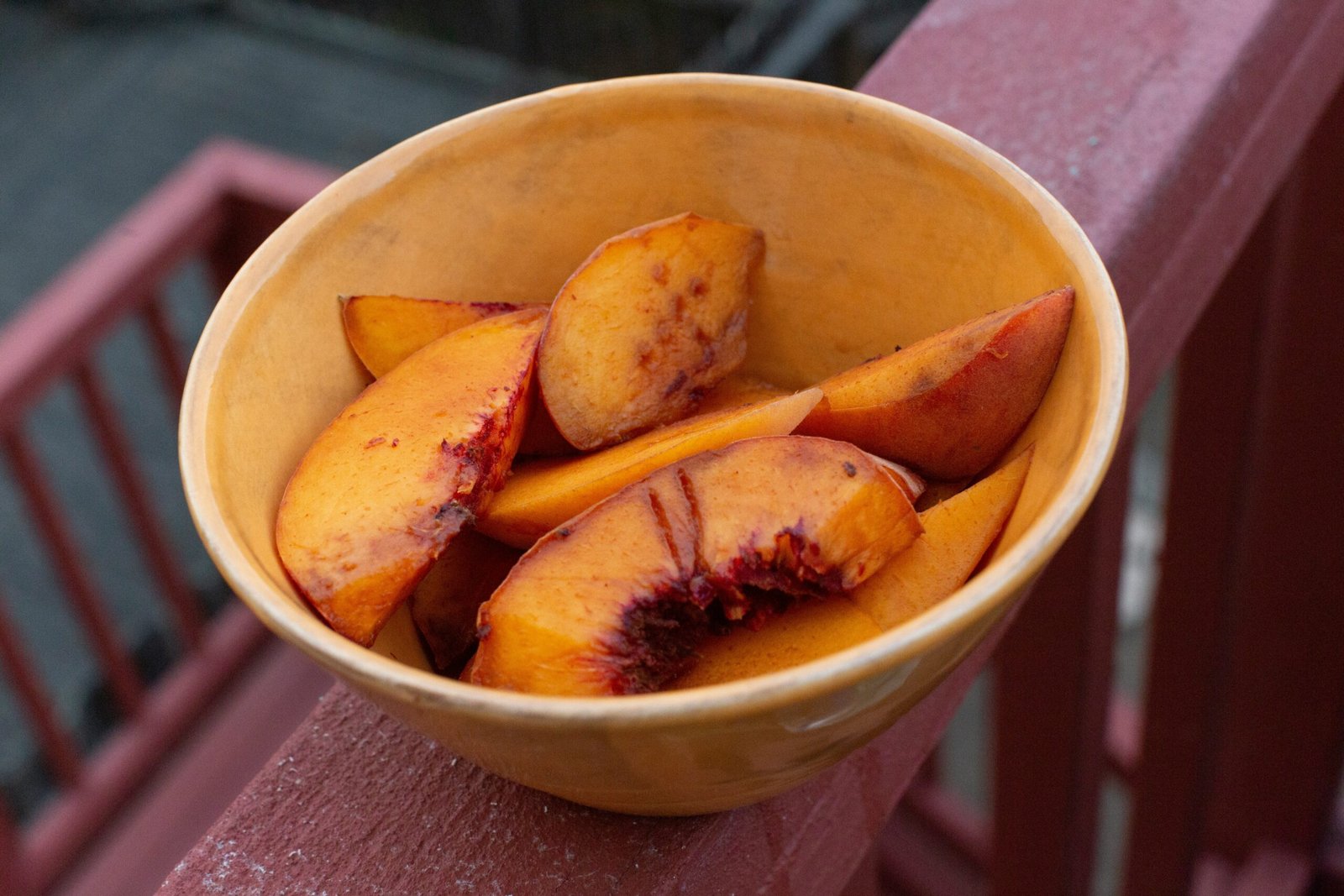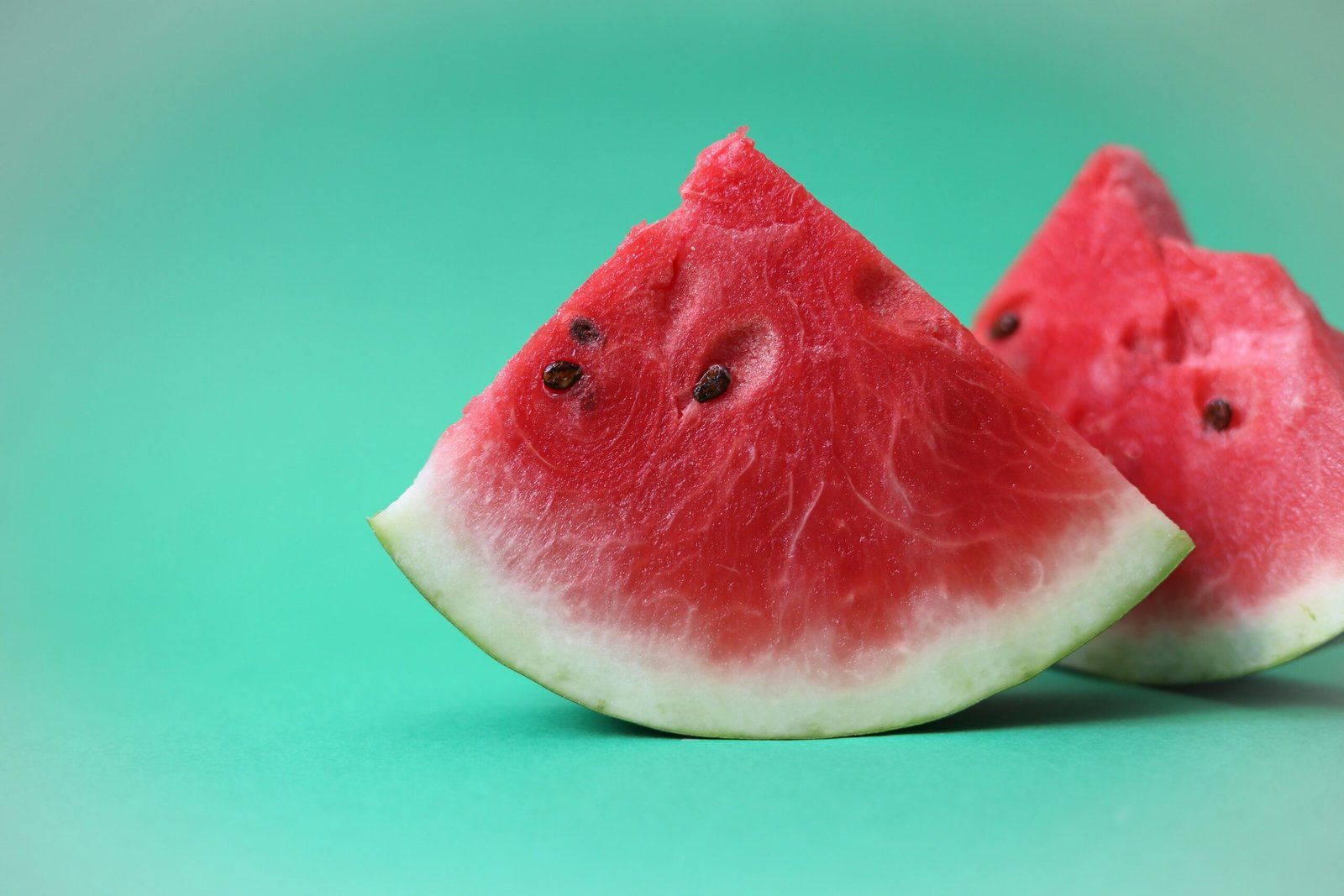Natural Plant Food – Best Eco-Friendly & Bio Food for Plants | What Can Be Used as Plant Food
Discover the power of natural plant food and learn what can be used as plant food at home. Explore eco-friendly and bio food options to boost plant growth naturally.
🌱 What Is Natural Plant Food?
Natural plant food refers to organic, chemical-free nutrients derived from nature—like compost, seaweed extract, cow dung, or banana peels—that help plants grow stronger, healthier, and more sustainable. Unlike synthetic fertilizers, these natural alternatives improve soil health, retain moisture, and promote long-term fertility.
Natural plant foods are biodegradable, eco-friendly, and safe for humans, pets, and the environment.

🪴 What Can Be Used as Plant Food? (Home-Based & Organic Options)
If you’ve ever wondered, “What can be used as plant food?”, here are some of the best natural and DIY options that your plants will love:
🔥 Our Trending Gardening Picks
- The Ultimate Guide to Gardening Radishes: Tips and Tricks for a Thriving Garden
- The Ultimate Guide to gardening raised beds vegetable Growth
- The Essential Do and Don’ts of Gardening: A Comprehensive Guide
- What is the most common mistake of first time gardeners ?
- Understanding Gardening Snakes: Nature’s Reptilian Allies
1. Compost
Made from kitchen waste, leaves, and organic matter, compost adds vital nutrients and improves soil structure.
2. Banana Peels
Rich in potassium and phosphorus—perfect for flowering plants. Simply bury or blend them into the soil.
3. Eggshell Powder
Eggshells provide calcium, strengthening plant cell walls and promoting growth.
4. Used Coffee Grounds
A great nitrogen source that enriches the soil and attracts earthworms.
5. Seaweed Extract
A bio food for plants rich in trace minerals and growth hormones that promote root development.
6. Cow Dung or Vermicompost
Traditional yet powerful eco-friendly plant food options that supply balanced nutrients for overall plant health.
🌍 Why Choose Eco-Friendly Plant Food?
Using eco-friendly plant food isn’t just about healthier plants—it’s about creating a sustainable ecosystem in your garden.
Benefits include:
- 🌿 Improves soil fertility naturally
- 💧 Retains moisture and reduces watering needs
- 🐝 Safe for pollinators like bees and butterflies
- ♻️ Reduces waste and environmental pollution
Switching to natural fertilizers also means fewer chemicals entering water sources and soil—making your gardening truly green and guilt-free.
🌾 Bio Food for Plants: Nature’s Perfect Formula
Bio food for plants blends beneficial microorganisms and natural minerals that activate soil life. It enhances root absorption, improves nutrient availability, and keeps your garden thriving without chemical harm.
Popular bio plant foods include:
- Humic acid
- Fish emulsion
- Seaweed and kelp extracts
- Mycorrhizal fungi
These are widely used in organic farming, home gardening, and eco-based agriculture for their powerful natural results.
🌸 How to Use Natural Plant Food Effectively
- Mix compost or bio food into the topsoil once every 3–4 weeks.
- Use liquid plant tonics (like seaweed extract) during watering for quick nutrient absorption.
- Rotate organic ingredients to provide balanced nutrition and avoid excess of one nutrient.
- Mulch with leaves or grass to lock moisture and enhance soil microflora.
💚 Final Thoughts
Choosing natural plant food is more than a gardening choice—it’s a commitment to sustainable living. Whether you’re using eco-friendly compost, banana peels, or bio food for plants, every small step brings you closer to a greener planet.
FAQs (for “People Also Ask” )
Q1: What can I use instead of fertilizer for plants?
A: You can use natural plant food like compost, banana peels, coffee grounds, or cow dung to nourish plants organically.
Q2: Is natural plant food better than chemical fertilizer?
A: Yes, it improves soil health, supports microbes, and is safe for the environment—unlike synthetic fertilizers that can harm soil over time.
Q3: What is the best eco-friendly plant food?
A: Compost, seaweed extract, and vermicompost are top eco-friendly options that provide balanced, long-term nutrition.
Discover more from Ecorganicas
Subscribe to get the latest posts sent to your email.





